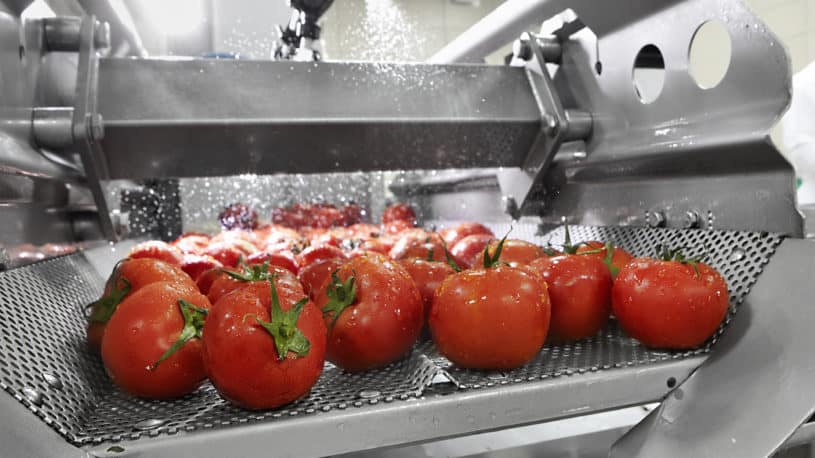
The Critical Role of Water Filtration in the Food and Beverage Industry
Share
The Critical Role of Water Filtration in the Food and Beverage Industry
Water is a cornerstone of the food and beverage industry, affecting everything from product quality to compliance with stringent safety standards. Whether it’s used in food preparation, beverage bottling, or cleaning processes, water must meet high standards of purity and safety. In this blog, we’ll explore the unique challenges faced by the food and beverage industry and how advanced water filtration systems play a critical role in maintaining operational success.
Why Water Quality Matters in Food and Beverage
Water quality directly impacts the taste, safety, and shelf life of food and beverage products. Impurities such as chlorine, sediment, and microorganisms can alter the flavor and consistency of finished goods or introduce health risks to consumers.
Key uses of water in the food and beverage industry include:
- Ingredient Water: Used directly in products like bottled water, soft drinks, and beer, requiring high levels of purity to avoid altering taste or quality.
- Process Water: Employed in cleaning, heating, and cooling systems, where impurities can affect equipment efficiency and cleanliness.
- Sanitation Water: Used for cleaning surfaces, utensils, and equipment, requiring pathogen-free water to maintain hygiene standards.
Challenges the Industry Faces
-
Regulatory Compliance
Food and beverage businesses must adhere to strict water quality standards set by organizations like the FDA, USDA, and NSF. Non-compliance can lead to hefty fines, recalls, or loss of reputation. - Example: HACCP (Hazard Analysis Critical Control Points) protocols require water to meet specific microbiological and chemical safety thresholds.
-
High-Volume Demand
Operations often require large-scale water filtration systems capable of processing thousands of gallons per day. Any disruptions in water quality or availability can halt production and cause delays. -
Odor and Taste Control
Impurities like chlorine or sulfur can alter the taste of products, impacting customer satisfaction. For instance, in breweries, water minerals significantly affect beer flavor profiles. -
Hard Water Issues
Scale buildup from minerals like calcium and magnesium can damage equipment and increase maintenance costs. For example, hard water can clog nozzles in bottling systems or leave residue on food preparation surfaces.
Solutions: How Water Filtration Addresses These Challenges
- Advanced Filtration Technologies
- Reverse Osmosis (RO): Removes up to 99% of contaminants, ensuring water is free from impurities that could affect product quality.
- Activated Carbon Filters: Eliminate chlorine, odors, and organic compounds, improving taste and safety.
- UV Sterilization: Destroys harmful microorganisms without the need for chemicals, making it ideal for sanitation processes.
- Custom Solutions for Specific Applications
- Softening systems for hard water, protecting equipment from scale buildup.
- Multi-stage filtration systems for breweries to adjust water mineral profiles and enhance product flavor.
- Efficiency and Sustainability
- High-efficiency filtration systems reduce water waste, helping companies save costs while supporting eco-friendly initiatives.
Benefits of Partnering with the Right Vendor
Choosing the right vendor for water filtration solutions is critical to ensuring your system meets industry demands. The right partner will:
- Offer Expertise: Understand the specific requirements of food and beverage operations, providing tailored solutions.
- Ensure Compliance: Deliver filtration systems certified by relevant regulatory bodies like NSF, ensuring your water meets safety standards.
- Provide Ongoing Support: Offer maintenance, filter replacements, and troubleshooting to minimize downtime.
- Focus on Sustainability: Help optimize water usage and reduce environmental impact with efficient, eco-friendly systems.
Final Thoughts
In the food and beverage industry, water quality is not just a necessity—it’s a competitive advantage. By investing in advanced water filtration systems and partnering with a reliable vendor, companies can ensure their products are safe, consistent, and of the highest quality. Don’t let poor water quality hold back your operations; make filtration a priority and elevate your business to the next level.
